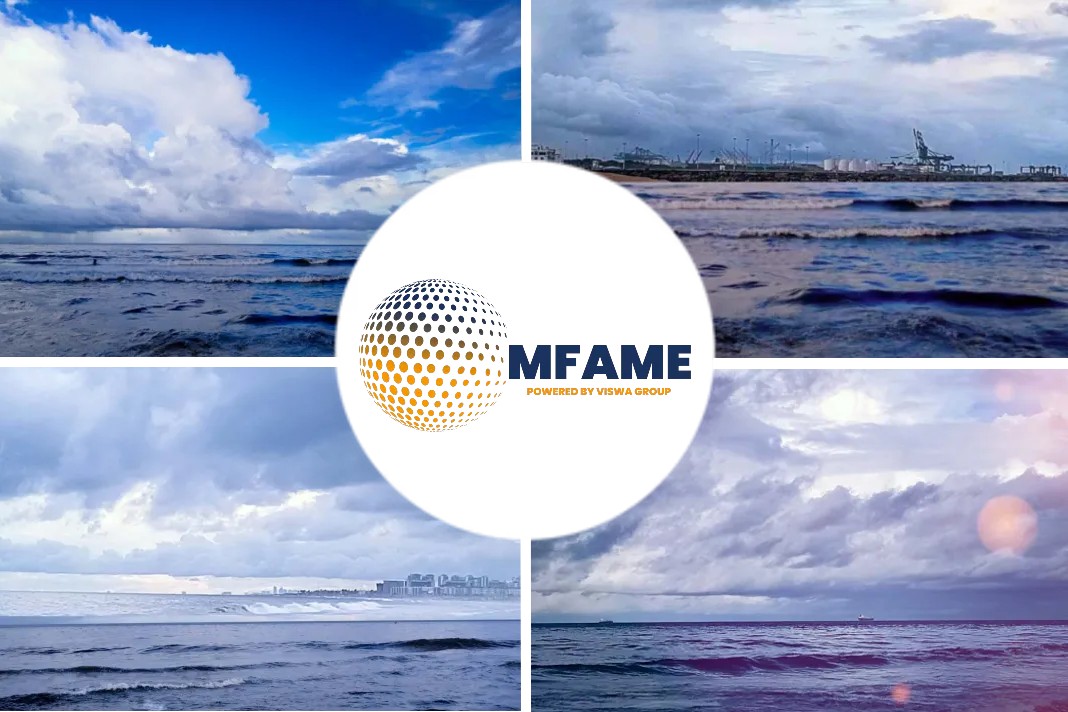- Swiss firm to opt for methanol propulsion in future newbuilds
- Chartered fleet also to gear towards methanol: shipping head
- Green methanol production to increase later this decade
Proman’s shipping division plans to make an eventual full switch to methanol from conventional oil-based fuels, betting on methanol’s potential decarbonization effects and proven propulsion technology, a senior executive told S&P Global Commodity Insights.
Company announcements
Despite their dual-fuel capability, Proman’s executive director in marketing, logistics and shipping head Anita Gajadhar suggested methanol would be the company’s preferred fuel.
“We will run our vessels on methanol … that’s our intent,” said Gajadhar, adding that Proman would also require methanol propulsion in future newbuild orders.
Gajadhar didn’t confirm when the company would order more ships, citing a high price environment in the current shipbuilding market unfavorable to shipowners. The newbuild price of a MR tanker rose to $44.1 million in February from $42.8 million in 2022 and $37.6 million in 2021, according to consultancy Maritime Strategies International.
But Proman is developing a gas-to-methanol plant with an anticipated capacity of up to 1.8 million mt/year with TA’ZIZ in Abu Dhabi, and Gajadhar said the production will result in more shipping requirements.
“We will eventually have to expand our fleet,” Gajadhar added.
Proman separately manages 11 time-chartered chemical tankers, and Gajadhar suggested the company would also opt for methanol-fueled ships when replacing the charters.
Methanol benefits
Globally, 23 methanol-powered tankers are in operation and two on order, according to classification society DNV. Waterfront Shipping, a subsidiary of Methanex, another major methanol producer, has 19 ships capable of running on the fuel.
“We saw and recognized the benefits that methanol provided compared to alternatives, Gajadhar said. “It was proven that the technology worked.”
Marine methanol demand
Proponents said methanol propulsion is cheaper than LNG, another popular alternative fuel, that its supply is available in over 120 ports worldwide, and that its use requires little modification to existing bunkering infrastructure.
In its reference case, S&P Global expects methanol to account for 34.3% of potential low-carbon bunker supplies in 2030, the highest among all.
Gajadhar said the maritime sector could emerge as a major consumer of methanol – Proman has signed a memorandum of understanding with Costa Group to explore methanol as marine fuel for the cruise industry, a MOU to explore future methanol supply to HMM, and a cooperation agreement to supply 100,000-150,000 mt/year of green methanol to A.P. Moller-Maersk.
Container carriers like HMM and Maersk have ordered a total of 94 methanol-capable boxships, exceeding all other sectors, shipbroker Braemar estimated.
“The container line industry definitely has recognized that methanol is their chosen fuel for the future,” Gajadhar said.
Industry association Methanol Institute estimates global methanol production capacity reaches 110 million mt/year, but the current supply is generally produced from coal or natural gas. The EU estimates such gray methanol has more lifecycle greenhouse gas emissions than 0.5%S fuel oil, the most common type of bunker fuel now.
Gajadha said green methanol production amounts to 100,000 mt/year currently and will increase later this decade. Global output of the carbon-neutral fuel could reach more than 8 million mt/year by 2027, according to the Methanol Institute’s project tracker for e-methanol and bio-methanol.
“Once there is demand, there will be the scaling up of production,” Gajadha said. “As new technology becomes available you are going to…[be able] to increase the [plant] sizes. But it takes time,” Gajadha added.
Platts, part of S&P Global, assessed bunker costs for fossil methanol in Rotterdam at $15.897/Gigajoule on April 25, and industry estimates suggest green methanol could be at least two to three times more expensive. In comparison, 0.5%S fuel was assessed at $13.415/Gj in Rotterdam on April 25.
Did you subscribe to our daily Newsletter?
It’s Free! Click here to Subscribe
Source: SP Global























